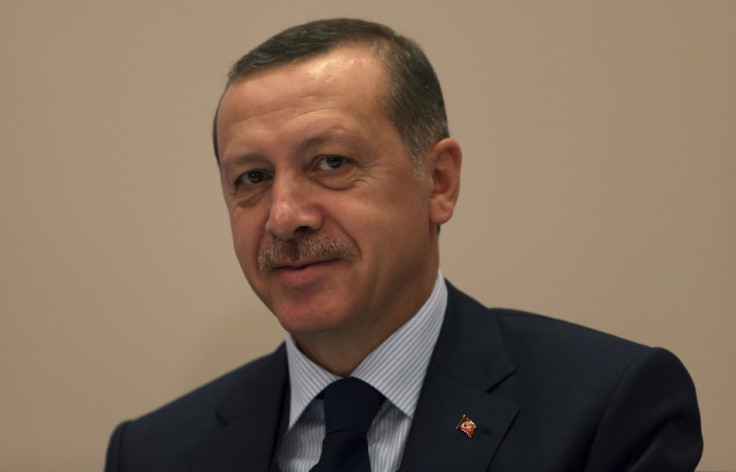Turkey Lifts Headscarf Ban with Reforms Package

Turkey has lifted its decades-old ban on wearing headscarves in public institutions as part of a package of reforms announced by prime minister Recep Tayyip Erdogan.
With the exception of judges, prosecutors and military personnel, public officials will be allowed to don a headscarf, ending a 90-year-old restriction that prevented many Muslim women from joining the public workforce.
"A regulation that formally intervened in freedom of clothing and lifestyle - a source of inequality, discrimination and injustice among our people - has become history," Deputy Prime Minister Bekir Bozdağ said on his Twitter account.
However, secularists have accused Erdogan of pursuing an Islamist agenda and eroding the foundation of a modern republic founded by Mustafa Kemal Ataturk in 1923. The ban was based on a cabinet decree from 1925 when Ataturk introduced a series of clothing reforms meant to erase symbols of religious affiliation for civil servants.
The new package includes reforms to end the reading of the national oath, which non-Turks have criticised for being too nationalist. The oath ends with the phrase: "How happy is he who says 'I am a Turk'" which angered Kurds and other minorities who had long faced discrimination from Turkey.
Other reforms will allow private schools to provide education in students' mother tongue and restore the original names of villages, districts and provinces. Changes to the law on political parties will include the possibility of lowering the 10% electoral threshold for entering Parliament.
In a press conference that trailed the reforms, Erdogan said the new changes will continue Turkey's democratisation.
"This package is not a first and will not be the last package of such reforms," he said.
"Turkey is progressing irreversibly toward democracy. This package is a fundamental and historic phase of this progress."
© Copyright IBTimes 2024. All rights reserved.









